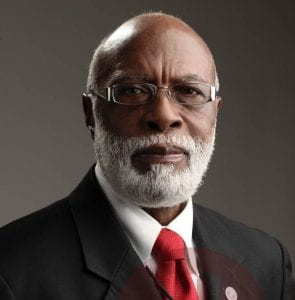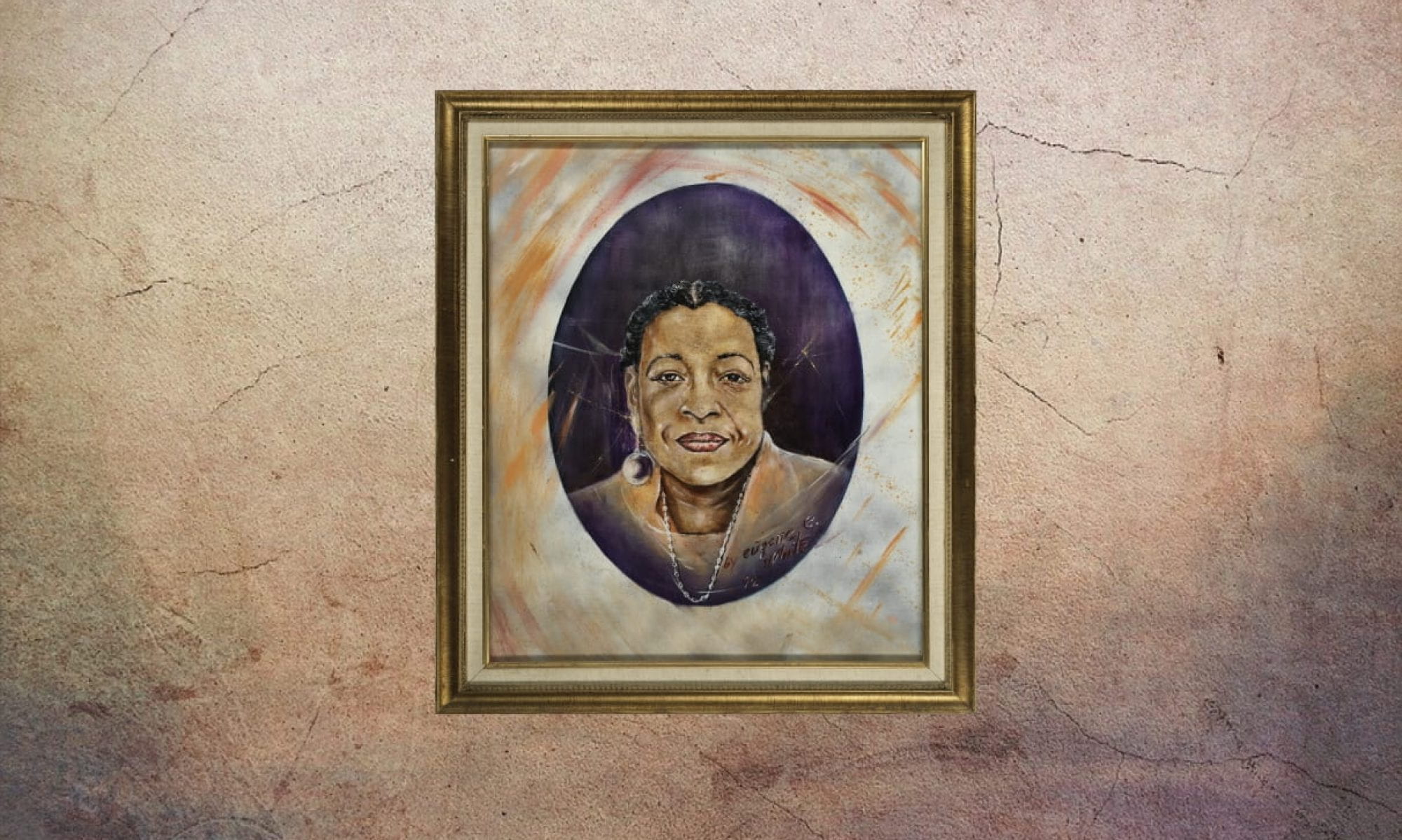
Rev. Arelious Walker, born in small-town Atlanta, Texas, in 1931, moved to San Francisco in 1956 in search of work opportunities. The legendary community pastor opened his True Hope Church of God in Christ in the Bayview District on May 12, 1968, with the help of his wife, Hazel Walker. And although Walker has always demonstrated an immense ability to help others and be proactive in aiding impoverished communities, his church is the defining keystone of his career. It started off with only four members, but after years of hard work and expansion, they were able to move to a larger location in the Bayview on Gilman Avenue in 1978.
As Arelious focused on expanding the influence of his church, he made sure to do this by directly impacting the lives of many in his community. He was especially influential in offering the church as an alternative to drugs and crime in the Bayview, having gathered hundreds of people for talks of drug rehabilitation, strongly announcing that “when you accept Christ, you have no withdrawal.” Around this time, he created thousands of pamphlets entitled “What’s Happening in Our Black Neighborhoods” that served as a piece of motivational literature for those seeking a new opportunity in life away from drugs and crime. He also tended to visit housing projects, street corners, and broadcast talks over radio; he used the radio to promote his work at San Bruno Jail, where he tended to visit inmates and conduct regular worship services.
Homelessness was another issue that True Hope tended to tackle. As Walker put it: “We’re a community oriented church.” He wanted to help, but also wanted to make help far more available. He recruited homeless families to share “grits and goodies” for others during Christmas. By 1983, he helped gather more than 700 landlords and tenants from across San Francisco to meet at City Hall, attempting to bolster the city’s rent control laws. In 1987, he also helped garner 32,078 signatures to propose a measure that would elect San Francisco supervisors by district. “This is a mandate from the people of San Francisco… District elections will hold the supervisors of San Francisco accountable to the people.” These are prime examples of the community activism that made Arelious such a special pastor.
In 1994, Walker held an Open Forum about the problem of incarceration with fellow changemaker Reverend Amos Brown. He led one of the most effective jail ministries in the nation and aided the lives of countless citizens. His Caring and Restoration Home helped ex-offenders make their transition from prison into the real-world. He was quick to give attention to the vast difference in incarceration between neighborhoods like Pacific Heights and the Tenderloin or Bayview. He put this same effort toward job growth, such as in the Home Depot debate of 2002. Certain community officials argued its introduction would diminish local business, but Walker saw it as an opportunity for more than 200 jobs to surge into the community: “This isn’t just about the jobs,” he said, “This is about a neighborhood’s right of self-determination. It’s about respect.” This same year, after membership significantly grew, the church was able to expand by 30,000 square feet.
The True Hope Church was chosen as the site for the new Bayview Hope Housing Project in 2003, as Walker’s leadership for more than 35 years forwarding spiritual solace, day care, substance abuse rehabilitation, and job skills training did not go unnoticed. Mayor Willie Brown, along with a handful of others, worked alongside Walker in creating this groundbreaking low-income housing complex on the parking lot of True Hope. Any extra revenue the church garnered, Walker said, would go towards paying off the church’s mortgage, funding a new computer learning center, and a neighborhood association to keep the area clean.
Arelious Walker has now lived in the Bayview and led the True Hope Church for over 50 years alongside his wife Hazel and his five children. Pastor Walker has continued to passionately work to bring jobs, housing, needed services, and equity to southeast San Francisco. He also continues as the Chair of the Board of Directors for the Bayview Hunters Point, a representative of the Tabernacle Community Development Corporation, and leader of Bayview Hope Housing. His immeasurable commitment to community activism has cemented Walker’s legacy as a changemaker, with his face to be among so many others who’ve made a difference on the Inspiration murals.
— Marcelo Swofford
Works Cited
Ford, Dave. “Helping Home Buyers Get a Foot in the Door.” SF Chronicle. 9 May 2003.
True Hope Church of God in Christ. 2019.
Hsu, Evelyn. “Packed Hearing on Rent Control.” SF Chronicle. 27 Oct 1983.
Lomax, Almena. “True Hope Pastor Who Reforms Wrongdoers.” SF Examiner. 23 Mar 1974.
Pereira, Joseph. “‘Voice for the Voiceless’ in SF.” SF Chronicle. 16 May 1983.
Pogash, Carol. “Once Often in Jail, Now Often in Church.” SF Examiner. 10 Aug 1973.
Roberts, Jerry and J.H. Doyle. “SF District Election Petitions Turned In.” SF Chronicle. 23 Jul 1987.
“The Black Church Should Get its Due.” SF Chronicle. 9 Feb 1994.
Garofoli, Joe. “Neighborhoods Divided over Home Depot Plan.” SF Chronicle. 29 Apr 2002.
Wood, Jim. “It’s True Hope: SF Church Makes Plans to Help the Homeless.” SF Chronicle. 19 Dec 1982.
